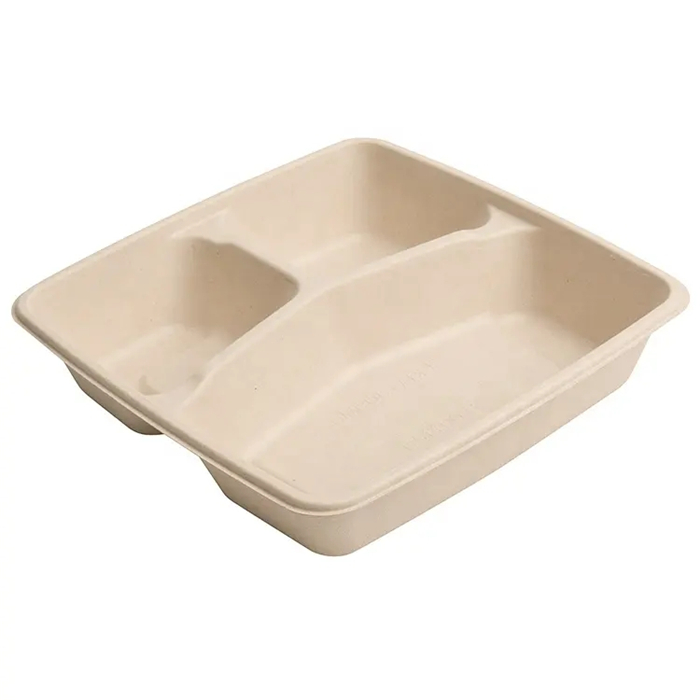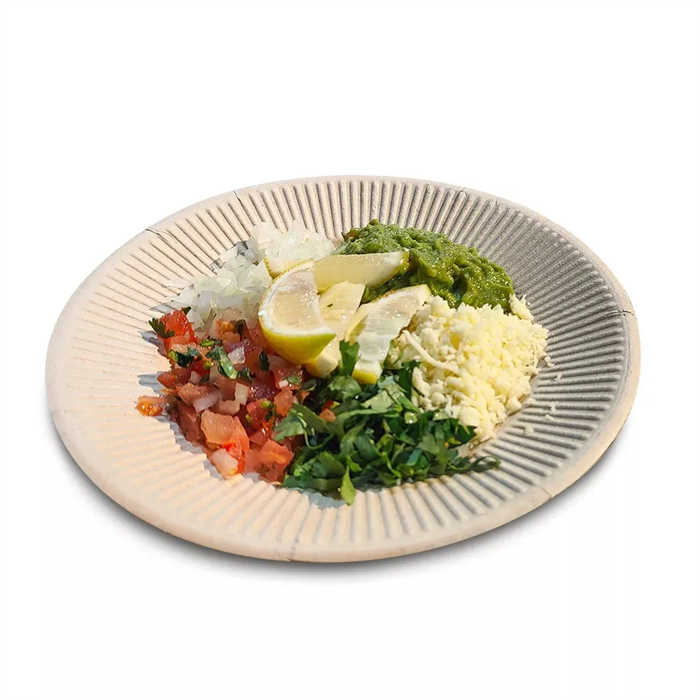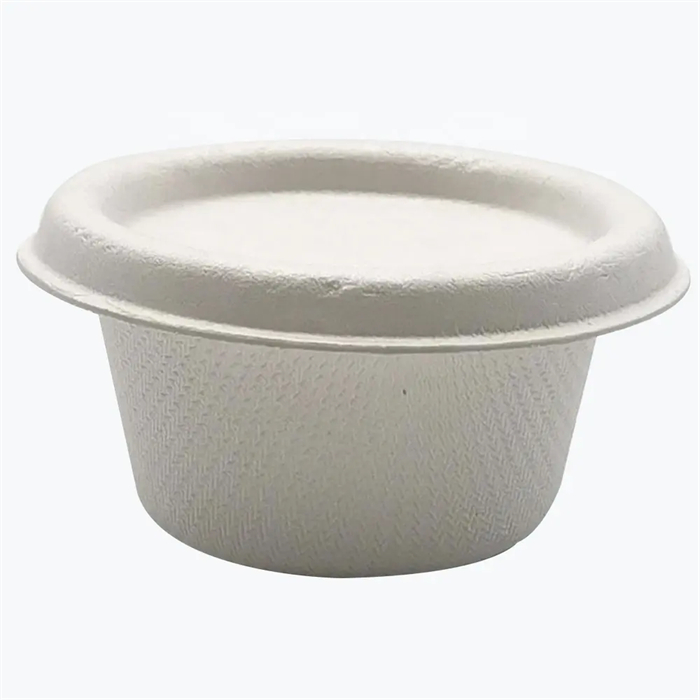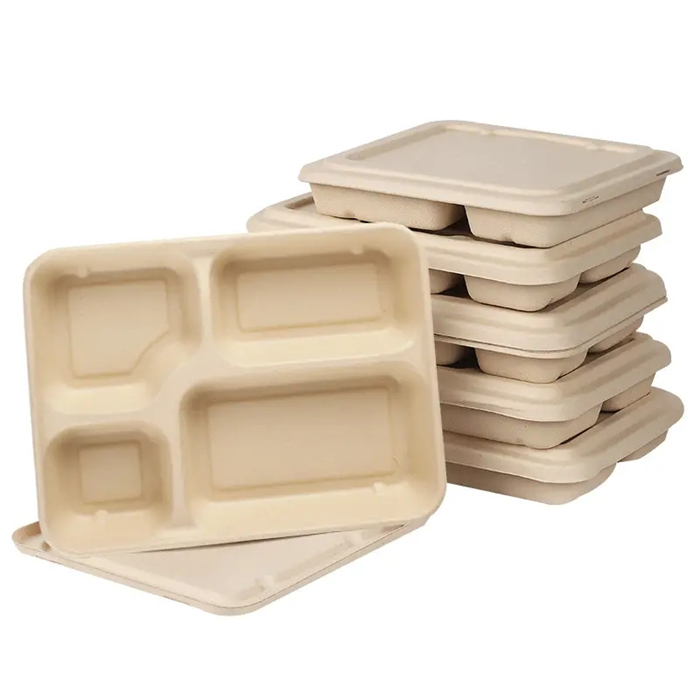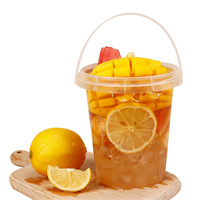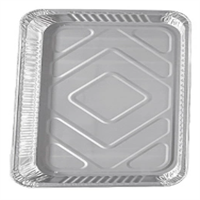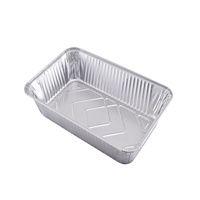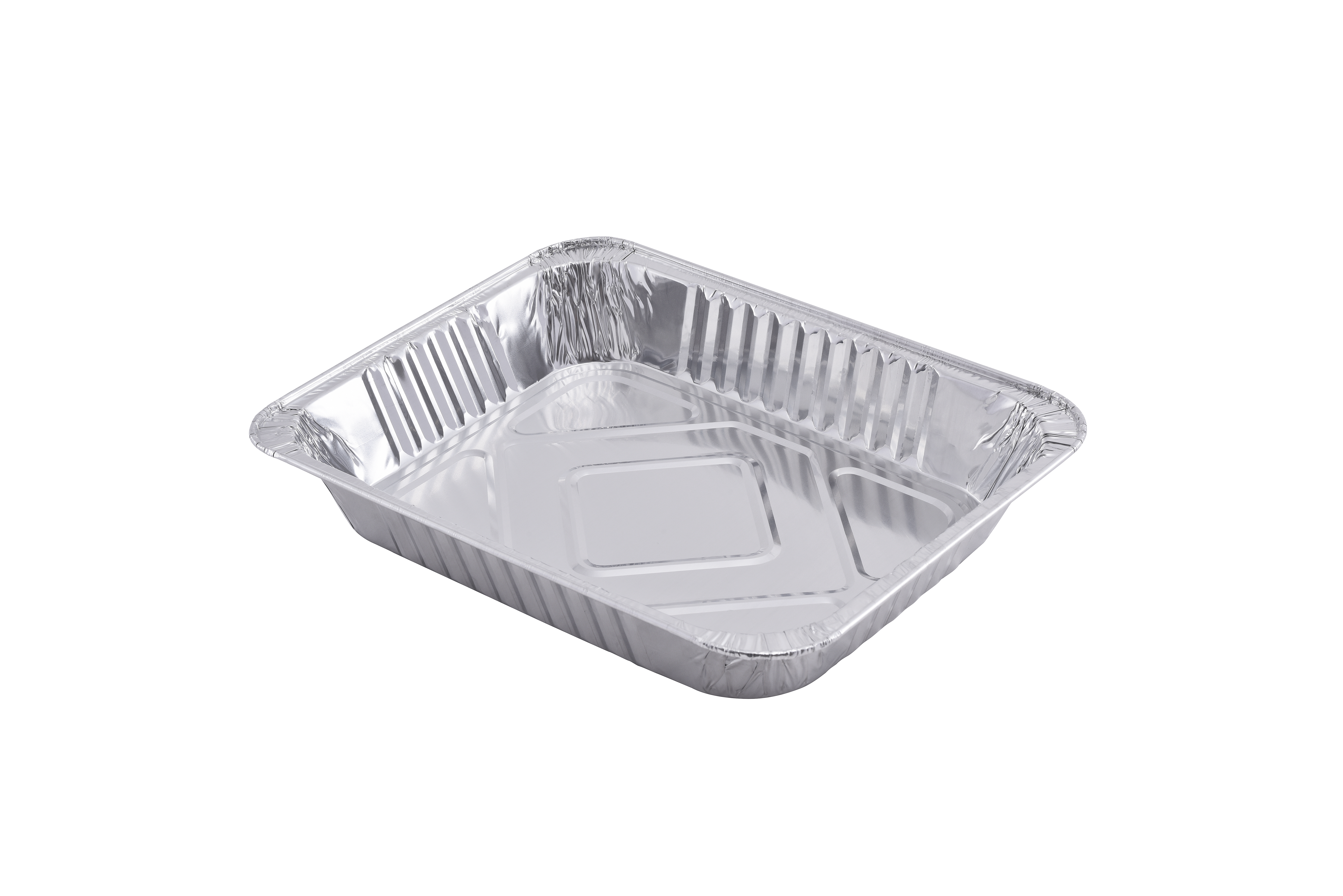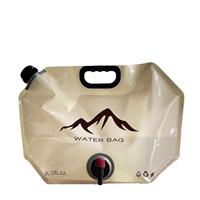As the world becomes increasingly aware of the environmental impact of traditional plastic disposables, businesses and consumers are exploring more sustainable alternatives. One such alternative that has gained significant attention is sugarcane bagasse. But what are the economic implications of making the switch from traditional disposables to sugarcane bagasse? In this blog post, we'll analyze the cost implications for both businesses and consumers, and explore the broader economic impact of this transition.
Understanding Sugarcane Bagasse
Sugarcane bagasse is the fibrous byproduct left after the extraction of juice from sugarcane. Traditionally, this byproduct was considered waste and often burned, contributing to air pollution. However, technological advancements have enabled the transformation of bagasse into a valuable resource for creating eco-friendly disposable products such as plates, bowls, and cutlery.
Cost Implications for Businesses
1. Initial Investment
- Machinery and Equipment: Transitioning to sugarcane bagasse disposables may require businesses to invest in new machinery and equipment. While this initial investment can be substantial, it is often offset by long-term savings and environmental benefits.
- Supplier Relationships: Establishing relationships with suppliers of sugarcane bagasse products can also involve initial costs. However, as demand for these products increases, the market is likely to become more competitive, potentially driving down prices.
2. Production Costs:
- Raw Material Costs: Sugarcane bagasse is generally more affordable than petroleum-based plastics, especially in regions where sugarcane is abundantly grown. This can lead to lower production costs over time.
- Energy Consumption: The production process for bagasse products is often less energy-intensive compared to traditional plastic manufacturing, resulting in potential savings on energy bills.
3. Operational Costs:
- Waste Management: Businesses may experience reduced waste management costs, as bagasse products are biodegradable and compostable, leading to lower disposal fees.
- Regulatory Compliance: With increasing regulations on plastic use, businesses that switch to bagasse disposables may avoid fines and penalties associated with non-compliance, further reducing operational costs.
Cost Implications for Consumers
1. Product Pricing:
- Affordability: Initially, sugarcane bagasse products may be priced higher than traditional plastic disposables due to lower production volumes and higher demand. However, as production scales up and technology advances, prices are expected to become more competitive.
- Value Perception: Consumers are increasingly willing to pay a premium for eco-friendly products, recognizing the long-term environmental benefits. This shift in consumer behavior can drive demand and ultimately lead to more affordable pricing.
2. Environmental Savings:
- Reduced Environmental Impact: By choosing bagasse disposables, consumers contribute to reducing plastic pollution and conserving natural resources. This collective effort can lead to significant environmental savings, which, while not directly reflected in individual costs, benefit society as a whole.
Broader Economic Impact
1. Job Creation:
- Agricultural Sector: Increased demand for sugarcane bagasse can boost the agricultural sector, creating jobs in sugarcane farming and processing.
- Manufacturing Sector: The production of bagasse disposables can lead to job creation in manufacturing, research, and development, contributing to economic growth.
2. Market Growth:
- Sustainable Products Market: The shift towards sustainable products can stimulate market growth, encouraging innovation and investment in eco-friendly technologies.
- Export Opportunities: Countries with abundant sugarcane resources can capitalize on export opportunities, supplying bagasse products to international markets and boosting their economies.
Conclusion
Switching to sugarcane bagasse disposables presents both challenges and opportunities from an economic perspective. While there may be initial costs associated with the transition, the long-term benefits for businesses, consumers, and the environment are substantial. As technology advances and market demand grows, the economic impact of sugarcane bagasse is likely to become increasingly positive, paving the way for a more sustainable future in the disposable food industry.


